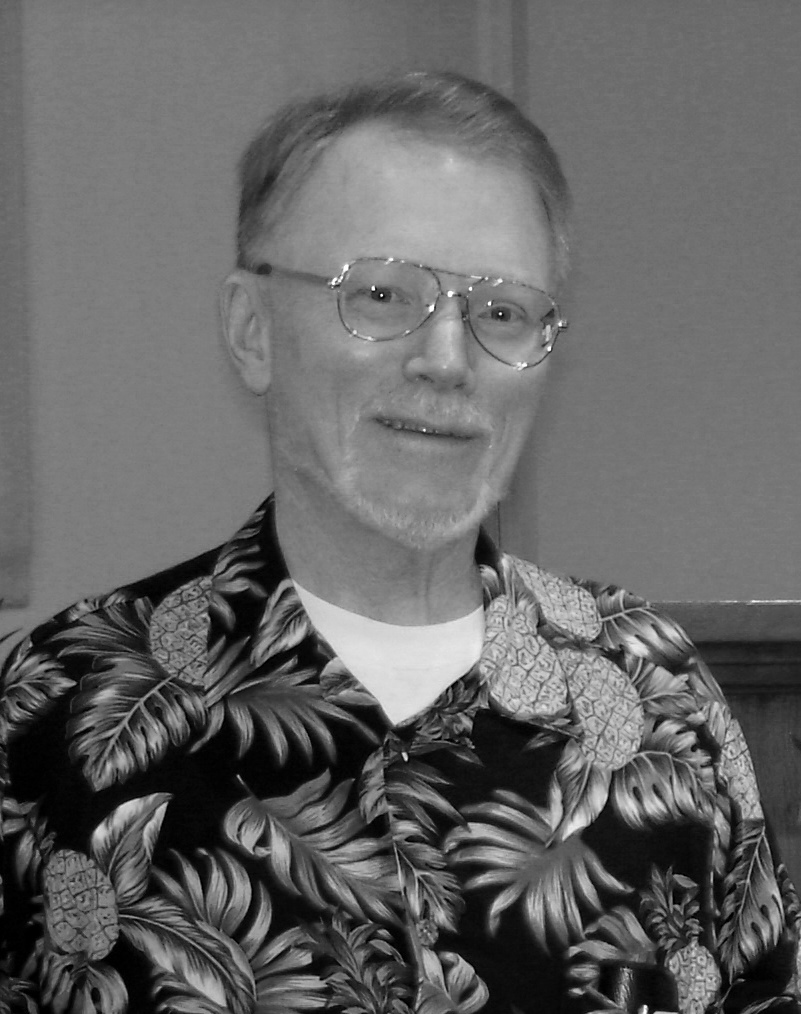Dale Vree was not your typical Catholic.
A Marxist who at one point moved to East Germany looking for a worker’s paradise but found Christ instead, he became the editor of a Christian journal that was both bracingly orthodox in its doctrine and for much of its time social democratic in its economics.
He was an intellectual with a working-class scorn of many intellectuals, a tobacco-chewing Raiders fan who wrote a book called “On Synthesizing Marxism and Christianity.” Of course, he was from California.
Dale died in December 2018, and by the time of his death his often acerbic voice had been stilled for more than 10 years. He was a man of his time, yet also one of the more contrarian workers in the Lord’s vineyard from whom we can still learn.
Dale grew up in Los Angeles and went to Dorsey High School. His parents were Dutch Americans. They also represented the twin polarities of his DNA: his father a draftsman and populist Democrat. His mother a professor of music and a Rockefeller Republican. She insisted that Dale go to college, not trade school.
Dale’s biography can be found in his fascinating memoir and social commentary titled “From Berkeley to East Berlin and Back.” He left UCLA for Berkeley in the early 1960s, becoming a Marxist and an atheist and active in the Free Speech Movement.
But even then he was turned off by the bourgeois values of student leftists more interested in drugs and free love than a revolutionary workers’ movement.
Burning with youthful idealism, Dale and his wife, Elena, wanted to participate “in humanity’s steady march toward communism.” They chose to defect to East Germany.
Imagine the puzzled East German security services when in 1965, at the height of the cold war, two young Americans showed up on their doorstep with a box full of books on Marxism and a request for a visa.
Much to Dale and Elena’s disappointment, East Germany turned out to be in many ways simply a grayscale version of the West’s avaricious consumerism, but they did discover unexpected heroes in East Berlin: the outcast Christian community struggling to survive in an atheist state.
And so it came to pass on Easter Sunday 1966, listening to a homily in a language he was still learning, that Dale was converted to Christ. Evangelized by the powerful personal witness of the pastor in a drab and dreary church, a setting Dale called “all wrong,” he encountered “the primitive church, the ‘church of the poor.’”
This notion of an outcast Church was solidified when he met an East German Protestant bishop who told him, “Christians in [East Germany] are called to serve and not to rule.” The idea was not to create a Christian state, the bishop said. “There is no such thing as a ‘Christian government’ or an ‘atheist government.’ Governments are simply governments.”
Here in East Germany Dale came to a core insight: “I believe it is impossible to blend orthodox Christianity with Marxism or for Christians to give complete allegiance to any civil government, even though in the West, most Christians resolutely identify themselves with national ideologies and ambitions.”
I met Dale 15 years later when he was editing an Anglo-Catholic journal called the New Oxford Review (NOR).
His unusual blend of doctrinal orthodoxy and concern for social justice was unnerving to many subscribers, but Dale found a compatibility in the teachings of St. Pope John Paul II. In 1983 he and his family became Catholics.
The magazine also became Catholic, an outpost for intellectuals who did not fit easily into left-right categories: Walker Percy, Christopher Lasch, Cardinal Avery Dulles.
As a young graduate student in journalism at Berkeley who had myself recently returned to the Church, I remember long walks with Dale to discuss religion and politics and culture. He would carry around a coffee can as a makeshift spittoon, chewing tobacco and expounding on football or economics or the Gospel. For a few years I served as his pro bono book review editor.
I’d like to say the story ended there. But Dale was always a fighter with a loathing for the safe and the bourgeois. He got in fights with leading Catholic neoconservatives like Michael Novak and later with Catholic leaders he thought too liberal. His editorial voice at times became bitter. Over the years, we grew distant from each other.
Dale passed away last month after a long and crippling illness that took away his ability to communicate. Silent for so long, when he died his death went largely unnoticed.
However, his magazine still survives, now edited by his son Pieter. And Dale’s legacy continues in the many whom he inspired. A friend recently wrote: “I might not be a Catholic were it not for his vision and NOR… . He made me see that Catholicism was the only cogent worldview and the only way out of cultural crisis.”
“Requiescat in pace.”
Greg Erlandson is president and editor-in-chief of Catholic News Service.
SPECIAL OFFER! 44 issues of Angelus for just $9.95! Get the finest in Catholic journalism with first-rate analysis of the events and trends shaping the Church and the world, plus the practical advice from the world’s best spiritual writers on prayer and Catholic living, along with great features about Catholic life in Los Angeles. Subscribe now!

